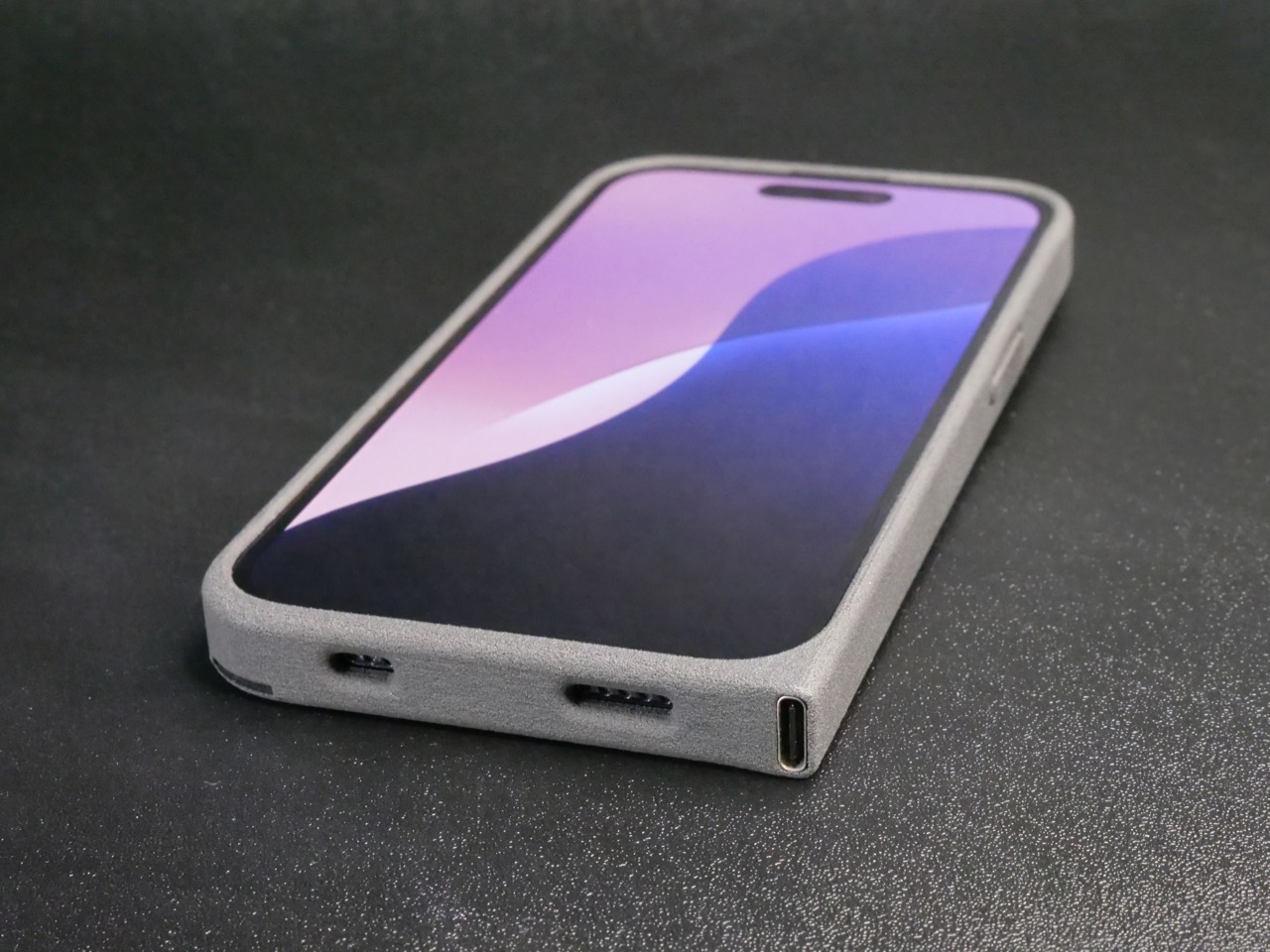Lightning cables have become the technological equivalent of that one obscure key on your keychain that you can’t throw away but rarely use. The rest of the tech world has moved on to USB-C, yet millions of perfectly functional iPhones remain tethered to Apple’s proprietary connector. Enter Ken Pillonel, the Swiss engineer whose previous technological rebellions have earned him a reputation as something of a connector crusader in tech circles.
Pillonel isn’t new to the game of giving Apple products the ports they deserve. His portfolio includes the world’s first USB-C iPhone and modified AirPods that ditch Lightning for the universal standard. But those were one-off projects – fascinating proofs of concept that made headlines before fading back into the realm of “cool things we can’t actually have.” This time, Pillonel has created something far more accessible: a case that transforms any Lightning iPhone (from the XR through the 14) into a USB-C device without requiring a single soldering iron or warranty-voiding modification.
Designer: Ken Pillonel
The brilliance of Pillonel’s solution lies in its elegant simplicity. The case features an internal connector that plugs into your iPhone’s Lightning port, then reroutes everything through a USB-C port positioned on the case itself. This isn’t just a dumb adapter either – the system handles everything from standard 5V charging to fast-charging protocols and data transfer without missing a beat. CarPlay works flawlessly, and the whole system operates without batteries or firmware updates, drawing minimal power from the connection itself.
The engineering challenges were substantial. Pillonel had to decide where to place the new port, eventually settling on the right corner – a location that maintains ergonomics while avoiding the ungainly “chin” that a bottom-centered port would create. The internal components required a 90-degree flex PCB to navigate around the iPhone’s speaker, all while keeping the case slim and protective. Even MagSafe compatibility was preserved, with testing showing the case’s magnetic pull actually exceeds that of a naked iPhone.
Real-world usability guided every design decision. After gathering feedback from testers in Paris, Pillonel refined details like adding tactile ridges to the volume controls and widening the mute switch aperture. The manufacturing process evolved from hand-built prototypes to a streamlined production line capable of producing hundreds of units daily, complete with rigorous quality testing for every board.
The technical specifications are impressive: case walls measuring just 2.3mm at their thickest point, a mere 9-gram weight addition, support for USB Power Delivery up to 20 watts, and full USB 2.0 data transfer speeds (matching Lightning’s 480Mbps ceiling). Thermal management has been carefully considered, with copper planes in the flex keeping temperature rise under 4°C during extended fast charging. There’s even a hidden SIM card slot for international travelers.
What makes this project truly significant isn’t just the technical achievement, but its implications for extending the useful life of millions of devices. While Apple has finally embraced USB-C on its newest models (partly thanks to EU regulations), Pillonel’s case retroactively brings this standard to phones that would otherwise become increasingly inconvenient to use as Lightning cables become scarcer.
The case is available through Pillonel’s obsoless.com storefront in black and clear options, with more colors planned for September. Priced below Apple’s own silicone cases, it represents not just a functional upgrade but a statement against planned obsolescence.
If successful, this project could inspire a wave of similar enhancement accessories – from headbands with replaceable batteries for AirPods Max to improved Apple Pencil grips with built-in nib storage. Pillonel has demonstrated that hardware hacking can transcend hobby status and become a viable product category, giving consumers options to improve and extend the life of their devices rather than replacing them.
The post This Universal iPhone Case gives all past iPhones a functional USB-C port first appeared on Yanko Design.

